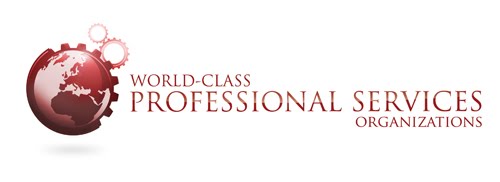I have to admit, I wasn't sure of what to expect. I hoped that a lot of smart PS managers would attend and that we'd have a lot of dynamic discussions. Frankly, though, I have been to other sessions like these that turned out to be more like sales and marketing pitches than discussion groups and netowrking sessions. So I was very please to find that the session was what I hoped it would be.
The agenda called for discussions of two topics: SaaS and Agile Development Models. As a whole, SaaS was the topic most top of mind for the group. Some of the participants were, like me, individuals managing a SaaS-based PSO, while others managed Enterprise-based PSOs in companies moving to (or adding) a SaaS model.
As I conduct my research pertaining to the similarities and differences of Saas-based PSOs versus non-SaaS-based PSO, the one consistent theme that I encounter is that everyone is struggling with the same questions. This is true of my fellow PS Village members as well as the many non-PS Village members with whom I have talked as part of my research. The big questions we struggle with are:
- How do we measure our success and contribution to our customers and company?
- How do we deliver services to customers who need them while remaining small in the eyes of executive management?
- How do we scale our practice profitably, and what role can contractors and partners play?
- How do we address revenue recognition concerns?
- How do we support the custom applications we build for our customers when we do not have the "service desk" type people and systems needed? What role can the service desk play?
Additionally, while both groups (SaaS and non-SaaS) seem to rely heavily on the traditional, operational metrics (see previous posts), the SaaS managers seem more inclined to believe that those metrics provide limited insight into the success of the practice from a corporate-contribution and customer-value perspective. Revenue growth, profit margin, and utilization still seems to be where it's at for non-SaaS companies, while SaaS-based PSO are questioning the value of those metrics for much other than capacity planning and resourcing.
I look forward to more discussions with the members of PS Village and other PSO managers.
